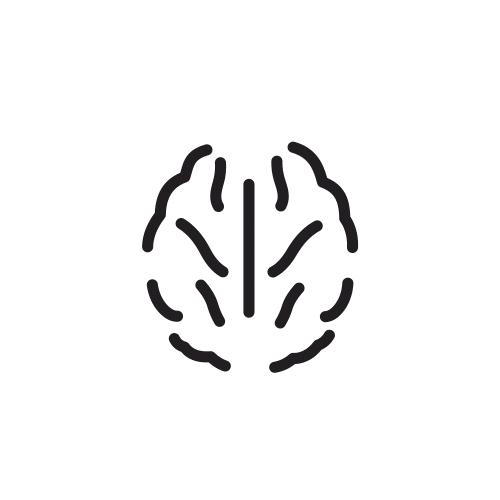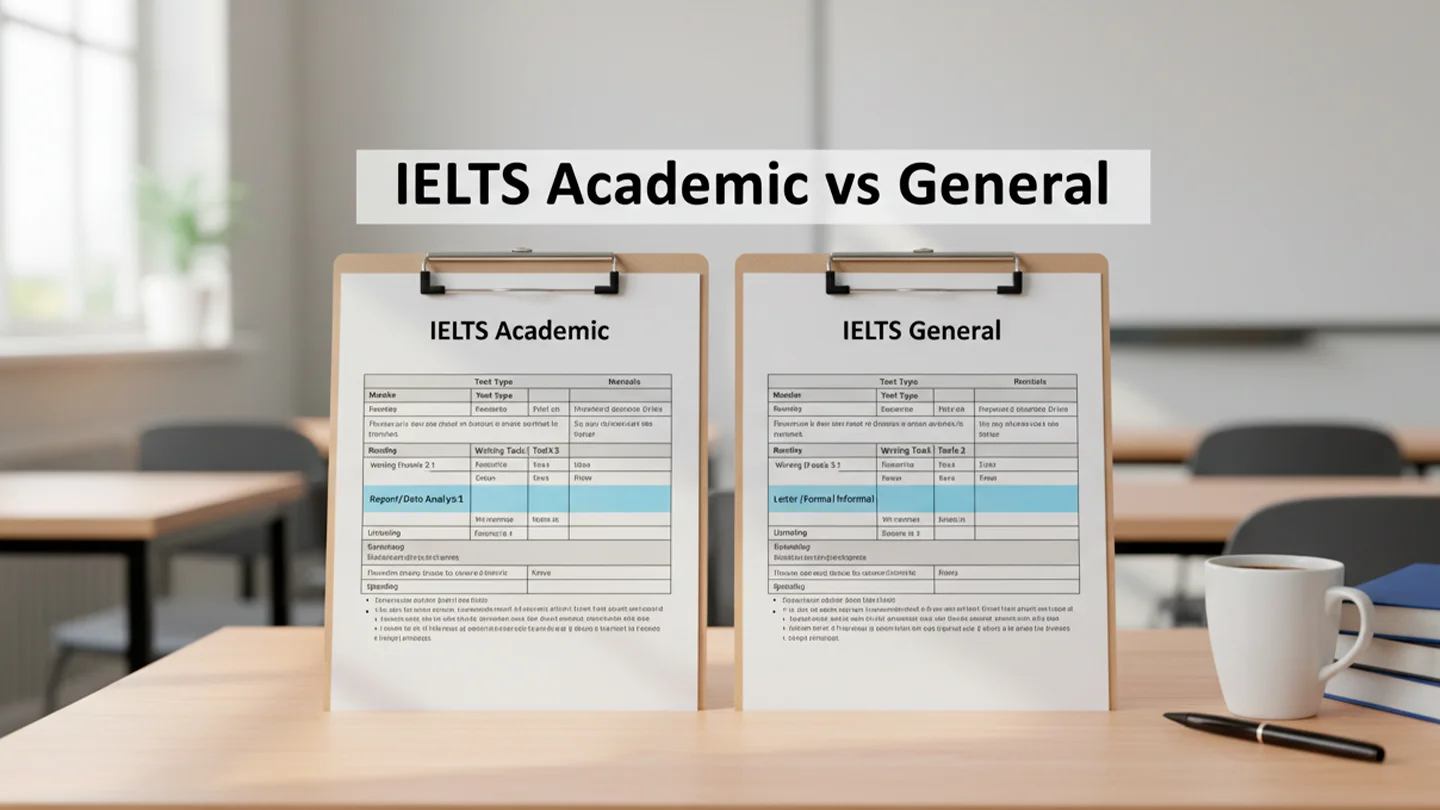If you’re planning to take the IELTS exam, one of the first questions you’ll face is: Which test should I take — Academic or General? Both versions test your English skills, but they serve different purposes, and choosing the right one is essential for reaching your goals.
In this guide, we’ll break down the types of IELTS, what they’re for, and how to prepare for the one that suits your needs best.
What is the IELTS exam and who is it for?
IELTS (International English Language Testing System) is a globally recognised English exam accepted by universities, employers, and immigration authorities in English-speaking countries.
There are two main types of IELTS tests:
- IELTS Academic: For people applying to universities, higher education, or professional registration.
- IELTS General Training: For immigration, work experience, or secondary education in English-speaking countries.
Both versions assess four skills: Listening, Reading, Writing, and Speaking. But the content and goals of each test are slightly different.
What makes IELTS academic and general different
The key difference lies in the Reading and Writing sections:
- IELTS Academic uses academic texts and writing tasks similar to university-level assignments.
- IELTS General focuses on everyday English — such as work-related topics, advertisements, and informal writing.
The Listening and Speaking sections are exactly the same in both versions.
Understanding this difference can save you time and effort. If you’re preparing for the IELTS academic test, you’ll need to focus more on complex reading comprehension and structured essays.
Is IELTS general really easier than academic?
In general, yes — but it depends on your strengths.
- IELTS General is considered slightly easier because the reading passages and writing tasks are more straightforward.
- IELTS Academic can be more challenging, especially for those who haven’t studied or worked in an English-speaking academic environment.
That said, easier doesn’t mean better. If your goal is to study abroad or work in a regulated profession, you may need the academic version regardless of difficulty.
Not sure where to start? Our guide on how to improve business English for work can also help boost the vocabulary and communication skills needed for both exams.
Which IELTS test is easier for your specific goals
Here’s a quick guide to help you choose:
Choose IELTS Academic if you:
- Plan to study at university (Bachelor’s, Master’s, or PhD)
- Need the exam for professional registration (doctors, nurses, engineers)
- Are applying for a student visa in an English-speaking country
Choose IELTS General if you:
- Are applying for UK, Canadian, or Australian immigration
- Want to show general English ability for work or training
- Are not required to provide academic-level English proof
Still confused? You can also read our full breakdown of which English exam is best for you to compare other options.
How to prepare for the IELTS test you need (without stress)
Preparing for the IELTS exam doesn’t have to be stressful. Here are some tips to keep it manageable:
- Take a free online level test to understand your starting point
- Focus on practice tests specific to the IELTS Academic or IELTS General version
- Build vocabulary around your goal: academic, workplace, or immigration
- Practise speaking and listening with real materials (podcasts, videos, or native tutors)
- Time yourself to get used to the exam format and pressure
If you’re starting from a lower level, see our step-by-step guide on how to start learning English as a beginner.

Where to get expert help to pass your IELTS exam
At Big Brain Languages, we offer 1:1 IELTS preparation classes tailored to the version you need:
- Learn with native teachers who know the IELTS Academic vs General differences
- Get writing and speaking feedback specific to your test type
- Build confidence in grammar, pronunciation, and structure
- Study at your own pace, with a flexible schedule
Whether you’re aiming for immigration, study, or career goals — we’ll help you pass your IELTS exam with clarity and confidence.






